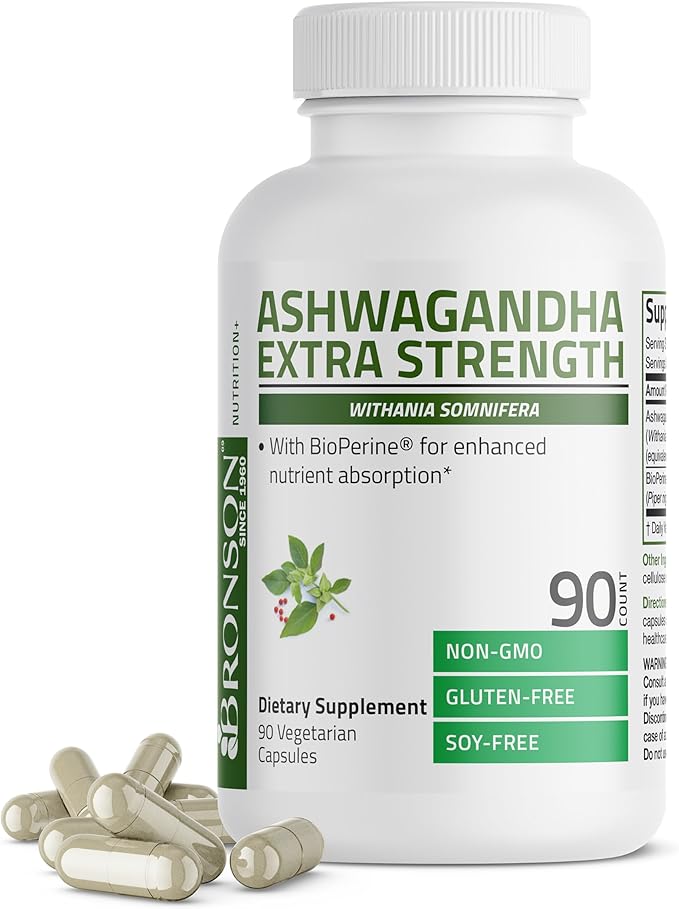Can you take Alpha Linolenic Acid and Phycocyanins together?
Interaction Details
Taking Alpha Linolenic Acid and Phycocyanins together has the potential for good synergy, suggesting a rating of 4 out of 5.
Alpha Linolenic Acid (ALA) is an omega-3 fatty acid found in plant-based foods, and Phycocyanins are a powerful antioxidant found in spirulina. The combination of these two supplements may have synergistic effects on inflammation and oxidative stress. ALA has anti-inflammatory properties, while Phycocyanins have been shown to have potent antioxidant and anti-inflammatory effects. When taken together, they may work to enhance each other's effects on reducing inflammation and oxidative stress. The antioxidant properties of Phycocyanins may also help to protect the ALA from oxidation, allowing it to remain effective for longer periods. This synergistic effect could lead to enhanced benefits for cardiovascular health, immune function, and overall well-being.
Potential Benefits
Potential Risks
Alpha Linolenic Acid
Alpha-Linolenic Acid (ALA) is an omega-3 fatty acid found in plant-based foods such as flaxseeds and walnuts. It is considered an essential fatty acid because the human body cannot produce it on its own.
Some benefits of ALA include supporting heart health and reducing inflammation.
Phycocyanins
Phycocyanins is a pigment-protein complex derived from blue-green algae, known for its antioxidant and anti-inflammatory properties.
